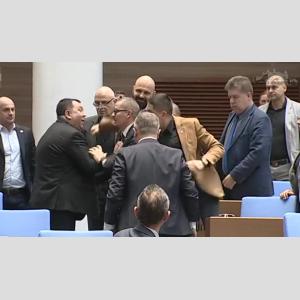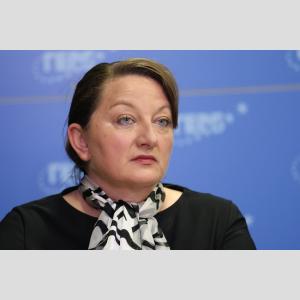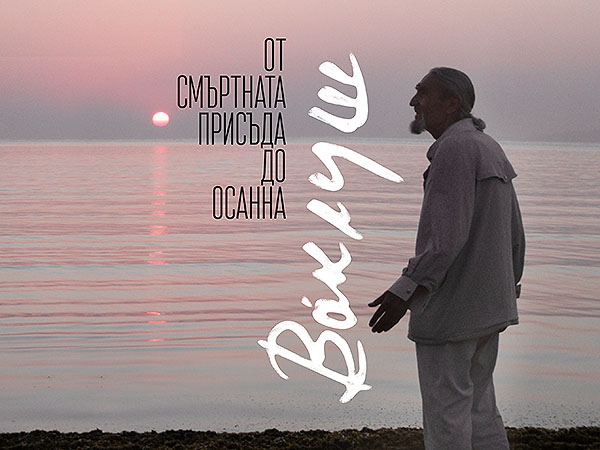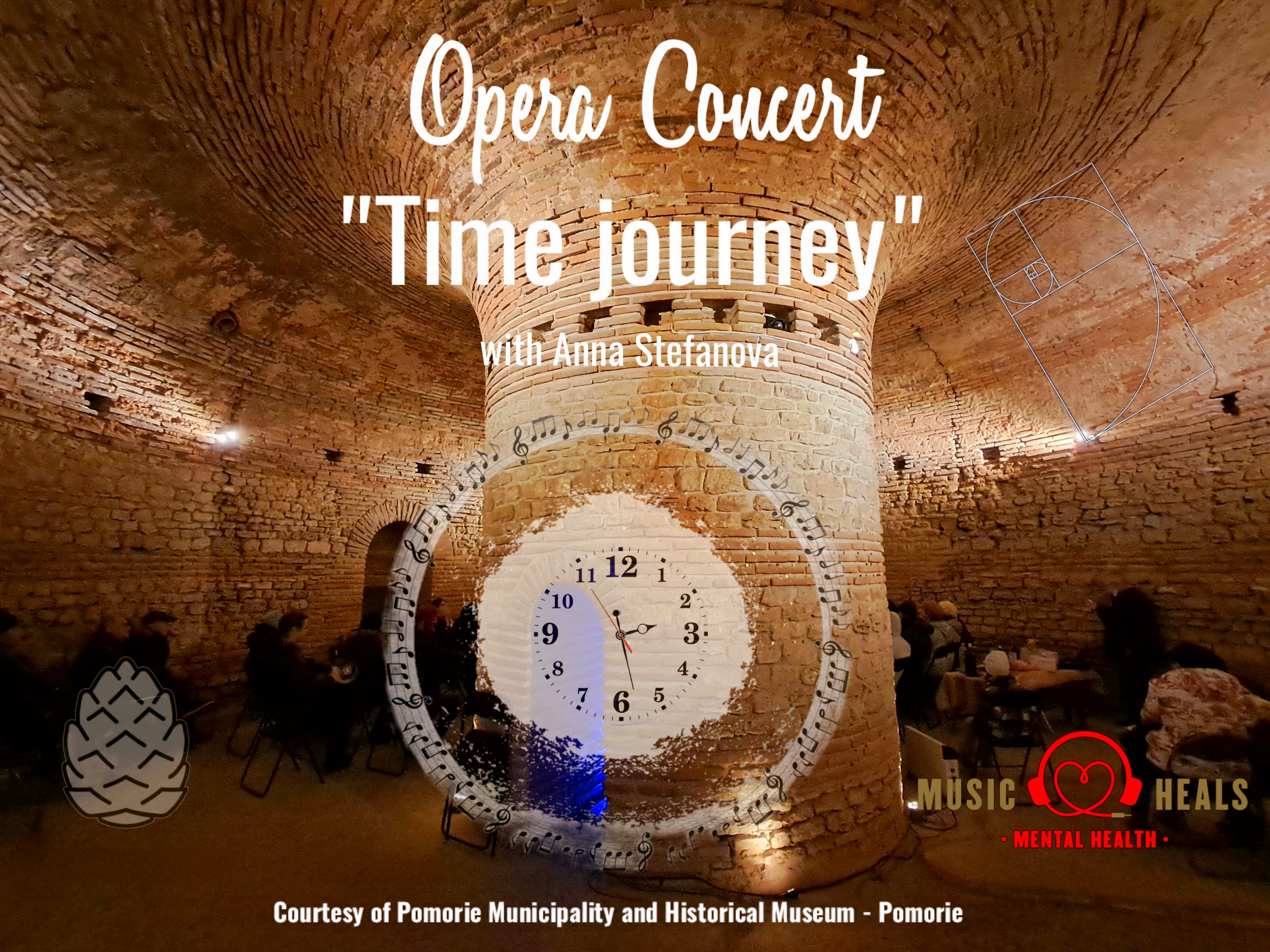ЕП пита дали Гешев разследва Борисов
Евродепутатите не се отказват от идеята да получат отговори на редица неудобни въпроси от премиера Бойко Борисов и главния прокурор Иван Гешев. Двамата пропуснаха изслушването в специалната група за наблюдение на демокрацията, върховенството на закона и основните права в Европейския парламент, но въпросите към тях са изпратени дистанционно от евродепутатите.
Групата в ЕП, която е част от комисията за правосъдие и вътрешен ред (LIBE), е задала 29 допълнителни въпроса до българските институции, става ясно от сайта ѝ. Сред въпросите има за “Барселонагейт”, както и за записите и снимките на премиерското чекмедже в Бояна, където се виждат пачки от по 500 евро и кюлчета злато. Борисов е казвал по време на обиколката с джипката си, че снимките са нагласени.
Главният прокурор Иван Гешев е питан дали българската прокуратурата работи по разследване за пране на пари, свързано с къщата в Барселона. Пита се разследването на какъв етап е, защото сигналът е изпратен от испанците още през 2019 година. Българската прокуратура обяви, че се сезира след излизането на материала в „Ел Периодико“ през февруари.
“Преди няколко месеца в медиите бяха пуснати записи. В тях глас, наподобяващ този на премиера Борисов, заплашва да “изгори” опозиционен политик, който в момента ни е колега евродепутат (Елена Йончева, бел.ред.). Има ли разследване или проверка по този случай. И ако да – на какъв етап е”, питат евродепутатите.
Има въпрос за изтеклите снимки и записи на Борисов. “Българите станаха свидетели на различни записи и снимки в медиите. Но не всички те са анонимни, някои бяха изпратени от прокуратурата, макар и да са част от разследвания, а други – преди да бъдат образувани разследвания. Как оценявате тази практика?”, е въпросът на евродепутатите към Гешев.
Те искат да знаят дали главният прокурор има има желание да коригира фалшивата информация, огласена на сайта на прокуратурата, че изслушването е било по негова инициатива. “Всъщност групата реши да проведе тази среща и покани главния прокурор, който изпрати заместник”, обясняват евродепутатите.
Българското правителство е питано за идеята за нова конституция и неизпълненото решение на Европейския съд по правата на човека от 2009 г. по делото “Колеви срещу България”, което установява проблема с безконтролния главен прокурор. Има въпрос какво налага предложението в проекта за нова конституция съдебната власт да има право да предлага закони. “В повечето страни съдебната власт прилага законите, а не ги създава. Това е част от разделението на властите. Какво налага тази реформа”, питат евродепутатите.
Въпросът им за състоянието на медиите в страната цитира годишния доклад на Съвета на Европа, че медийната среда се влошава, собствеността на медиите е непрозрачна и медийният пазар е завладян от олигарси (вероятно се иам предвид Делян Пеевски - бел. LIBERTA), които използват медиите за политическо влияние и очерняне на критици и противници, а разпространението на печата е собственост на група от фирми на политик.
“Има сериозни тревоги за концентрация на медийната собственост, а България е на 111-о място в индекса на медийната свобода. Журналисти докладват за заплахи. Какво ще направи правителството, за да повиши прозрачността на собствеността, да промотира плурализма на собствеността и да гарантира сигурността на журналистите”, питат евродепутатите.
Те искат да знаят и защо се предлага президентът да няма роля в процедурата по назначаване на главен прокурор и председатели на двете върховни съдилища. “Ролята на президента никога не е била обект на препоръки или анализи в докладите на ЕК или Венецианската комисия. Каква е целта?”, питат те.
Председателят на групата нидерландската евродепутатка София инт Велд обясни пред "Сега", че досега са получени отговори единствено от Комисията за защита от дискриминация, към която са част от въпросите.
Democracy, Rule of Law and Fundamental Rights
Monitoring Group
(DRFMG)
Follow-up questions
to the
Exchange of views
on latest developments in Bulgaria
in relation to Democracy, Rule of Law and Fundamental Rights
held on Friday, 28 August 2020, 09.00-13.30
To the Deputy Prime Minister:
1) How are you going to assess the anticorruption reforms in Bulgaria after October 2019?
What concrete actions have been taken from the government in this regard? In addition
- as regards the reform of the judiciary - how the government will address the Venice
Commission recommendations, specifically on the functions of the Prosecutor General?
2) Rule of law concerns not only questions about the anticorruption and judiciary but also
about media freedom. But the situation concerning media freedom in Bulgaria is very
worrying. In April this year the Council of Europe published its annual report on the
media freedom which reads the following on Bulgaria: "Bulgaria has seen a worsening
working environment for journalists, due to the polarising character of public debate,
open hostility of elected politicians and sustained attacks on independent media through
administrative and judicial harassment, as well as physical threats. Media ownership is
opaque and characterised by the capture of the media market by oligarchs who use their
media power to exert political influence and attack and denigrate rivals and critics. A
major share of the country's newspaper distribution business is under the control of a
single conglomerate, owned by a politician. Independent journalists and media outlets
are regularly subject to intimidation in person and online." Could you please comment
on this with special regard to the findings about the single conglomerate, owned by a
politician. How does this impact the media freedom and what actions does the
government plan to address this situation?
3) PM Borissov announced Constitutional amendments several weeks ago. During the
four days between the PM announcement that there will be a new Constitution and the
submission of the draft itself, what kind of public consultations have you performed, if
any? Is there an impactassessment of the proposed changes?
4) In the new draft Constitution you propose legislative initiative to be given to the
judiciary. In most of the Member States the judiciary enforces the law and does not
create it. This is part of the separation of powers. So what necessitates this reform, what
problems are you trying to address with this?
5) In the new draft Constitution you propose significant limitations of the powers of the
President of the Republic, especially when it comes to appointments in the judiciary.
The President`s role in this process has never been subject of any recommendations or
analysis under the Commission evaluations of the judiciary within the CVM or Venice
Commission recommendations. What was the aim of proposing changes to his role?
To the Deputy Prime Minister and the Deputy Minister of Justice:
6) While the Bulgarian government has consulted the Venice Commission on previous
occasions, this is not the case for the latest reforms, in particular the recently announced
constitutional reform. Will the Bulgarian government request the Venice Commission
to issue an Opinion on this matter?
7) The Kolevi vs Bulgaria ruling dates back to 2009. As indicated by the Venice
Commission and by GRECO, some reforms have been taken to implement this ruling,
but considerable gaps remain in the accountability of the Prosecutor General. When
will the government fully and unreservedly implement the Kolevi ruling and the
recommendations and opinions of the Venice Commission and GRECO? Will the
Bulgarian government commit to request another Opinion of the Venice Commission
on reform proposals regarding the Prosecutor General?
8) Does the Bulgarian government consider that introducing a major constitutional reform
and grand national assembly just months before an election allows for a careful,
transparent, inclusive, democratic process?
9) There are serious worries about media ownership concentration, as indicated in the
Media Pluralism Monitor 2020. Bulgaria comes at the 111th place in the media freedom
index. In addition, individual journalists are reporting threats and intimidation. What
will the government do to increase transparency of ownership, promote the plurality of
media ownership and ensure the safety of journalists?
10) What is the current legal and practical set up and situation of Bulgaria's citizenship by
investment scheme? What have been recent changes and how have announced changes
actually been implemented? Is Bulgaria willing to follow up on the EP position that all
Member States should phase out such schemes or is it at least willing to support EU
action to regulate this?
To the Deputy Minister of Justice:
11) According to the report of the EU Fundamental Rights Agency (FRA), reports emerged
in several countries of politicians using racist and xenophobic language. Amnesty
International noted in April that the introduction of quarantine measures in Roma
neighbourhoods in Bulgaria and Slovakia was accompanied by "an increasingly hostile
anti-Roma rhetoric, frequently stoked by politicians". What is the Bulgarian
government's position regarding these findings? How is the situation of Roma
neighbourhoods at the moment?
12) The Constitutional Court of Bulgaria admitted the complaint against a law allowing the
police to access location data of identified individuals for tracking people in quarantine.
What is the latest state of play here?
13) The Supreme Court of Cassation of Bulgaria dismissed the government's appeal against
Jock Palfreeman's parole saying that "the request for reopening the case is procedurally
inadmissible and all proceedings should be terminated". Yet, this Australian citizen
continues to be unable to leave the country, under an order from the Ministry of Interior.
Could you explain why the Court is being ignored and, if there are no proceedings
against this individual, what is the basis for his ongoing detention in the country?
14) A large number of foreign property owners in Bulgaria have sought the protection of
the Condominium Act, which excludes them from having to pay management fees if
they reside less than 30 days per annum in their property. However, many have failed
to have this law upheld in local courts. There is a perception of close links between the
judiciary and property developers, resulting in cases being lost in the lower courts and
having to be appealed, at substantial time and financial costs, to higher courts. Are you
aware of this and do you have plans to address it?
15) Are there any plans to regulate the operation of management companies with particular
reference to extortionate fees being increased at a whim, no requirements for proper
audited accounts, or to ensure financial demands are linked to the provision of services?
16) Regarding the recruitment of seasonal workers from Bulgaria through recruitment
agencies in Bulgaria for mainly agricultural workers across Europe: Are you aware of
the number of such agencies? Are there any concerns that the rights of these workers
are being violated by the imposition of costs and fees associated with them getting the
job? Are any of these agencies currently under investigation?
To the Prosecutor General and the Deputy Chief Prosecutor:
17) 'Linked to suggestions during the hearing about shortcomings in the fight against
corruption, more information from the Prosecutor General and his Deputy Ms Filipova,
would be appropriate. What specific measures has the Prosecution taken in the fight
against corruption? Have politicians been investigated and charge and which political
parties do they originate from predominantly? Are they from political parties both in
Government and in Opposition?
18) Recently the Spanish Media published information on an on-going investigation
connecting allegedly the PM Borissov with a money-laundering scheme in Barcelona.
Is the Bulgarian Prosecution working on this case, having in mind that it received signal
on this case already in 2019? If yes, at what stage is the investigation?
19) Several months ago, several audio recordings have been released in the press. Among
many other things that are presented in these recordings, at a certain moment the voice
that seems to be the voice of PM Borissov threatens to burn down a leading politic ian
from the opposition, currently a fellow MEP. Is there any investigation or preliminary
check in this regard? If yes, at what stage?
20) Bulgarian citizens witnessed different audio recordings and pictures published in the
media. But not all of these recordings and pictures were anonymous. Some transcripts
and recordings were sent officially by the Prosecution - some of them during on-going
cases, some of them even before initiating a case. How do you assess this practice?
21) Following the in camera meeting of the DRFMG, the Prosecutor General of Bulgaria
published on the official homepage information that the meeting was organised at the
suggestion of the Prosecutor General of Bulgaria. In fact, it was the DRFMG that took
the decision to hold this meeting and invited the Prosecutor General who sent his
deputy. Are you willing to correct this false information?
To the Deputy Minister of Justice and the Deputy Chief Prosecutor:
22) As indicated in the latest CVM report and the GRECO reports, the structures to fight
corruption have been strengthened, but a solid track record of investigations leading to
results, including sentences for perpetrators, is still lacking. How will the Bulgarian
government and the prosecution make sure that the reforms formally undertaken
actually translate into real results regarding the fight against corruption?
To the Deputy Minister of Justice and the Commission for the Protection Against
Discrimination:
23) How will the Bulgarian government and the Commission for the Protection Against
Discrimination ensure the full protection of all minorities? This includes Roma people,
LGBTI people as well as ethnic and language minorities in Bulgaria? We have reports
of arbitrary quarantine and lock down measures targeting specifically Roma, rampant
hate speech against Roma, LGBTI phobic hate speech, as well as attempts to hinder the
work of e.g. NGOs working with the Macedonian-Bulgarian minority (deregistering
and NGO). Specifically to the Commission for the Protection Against Discrimination:
which investigations has it carried out in the past year into these cases and what
decisions has it reached in these cases?
24) Regarding women's rights, how does the Bulgarian government and the Commission
for the Protection Against Discrimination ensure their full protection? How does it
respond to criticism that the current legal and policy framework does not ensure
effective protection against violence for women? According to EIGE, Bulgaria has one
of the lowest reporting rates on domestic violence. How will this be addressed? Why
would the Bulgarian government not counter misrepresentations of the Istanbul
Convention, and rather work towards the protection of women by ratifying the
Convention?
To the Bulgarian Government in general:
On the constitutional reform
25) Among the main demands of the recent wave of protests, one of them is a call for new
and fair elections to be organized by a care-taker government to be followed by
substantial rule of law reforms. Yet, critics say that the government is attempting to
short-circuit these demands by proposing the election of a grand national assembly to
discuss an already prepared new draft constitution - drafted on its terms - that has
already been widely criticized not only for failing to address the majority of issues that
have been undermining the rule of law in Bulgaria but also creating new threats,
including further strengthening the powers of the Prosecutor General.
What guarantees can the Bulgarian government give that the highest standards of
transparency will be respected and that the largest possible societal consultation will be
carried out?
Reform of the Prosecution services
26) More than a decade has passed since the Kolevi case, in which the European Court of
Human Rights clearly required Bulgaria to change the legislation on the prosecution
and on the prosecutor general. Since then the Venice Commission has also called
Bulgaria several times to do so.
Without a truly independent prosecution, the fight against corruption cannot be
efficient. In a system in which the Rule of Law is undermined cannot respond to high
ranking politicians abusing their power. Could the Bulgarian government provide
information on how and when it intends to abide by the ruling of the ECHR as a
prerequisite to ensure the proper functioning of the rule of law?
On GRECO recommendations
27) During our video conference last week, it was mentioned that Bulgaria has implemented
a large part of GRECO recommendations over the past years. Can then the government
explain why Bulgaria has been stagnating in the Corruption Perceptions Index,
consistently being ranked last amongst EU Member States?
On the NGO Law
28) One of the junior coalition partners of the Bulgarian Government has recently handed
in a draft bill that would introduce an obligation on NGOs to report within 7 days any
donation superior to approximately 500 euros that they would receive from abroad. The
personal responsibility of members of the management bodies of NGOs also seems to
be engaged. A very similar law enacted in Hungary was recently struck down by the
European Court of Justice for being discriminatory, infringing free movement of capital
and limiting freedom of association.
Can the government confirm that this bill, which has an intimidating impact on NGOs
and chilling effect on critical voices will not receive backing from all coalition parties?
On the Roma situation
29) Under extraordinary measures to contain COVID-19, Bulgarian authorities have been
reported to have placed Roma settlements under mandatory quarantines enforced by the
police and the military, arguing that such measures were necessary for the protection of
public health and safety. The introduction of these measures has been accompanied by
an increasingly hostile anti-Roma rhetoric, which has been frequently stoked by
politicians and used to stigmatise and impose more repressive measures on Roma
communities.
Reports indicate that these measures, as well as forced evictions and demolition of
house were selectively targeting Roma settlements and they were not applied to other
groups or the general population. Such selective application, in the absence of evidence
that less restrictive alternatives were considered, raises questions over compliance of
these measures with the obligation to prohibit discrimination.
Can the Government explain how such measures could be authorized and what it
intends to do in order to put an end to discriminatory measures against part of the
population? Can it highlight its main achievements reached and main shortcomings in
the context of the current EU Framework for National Roma Integration Strategies?
































